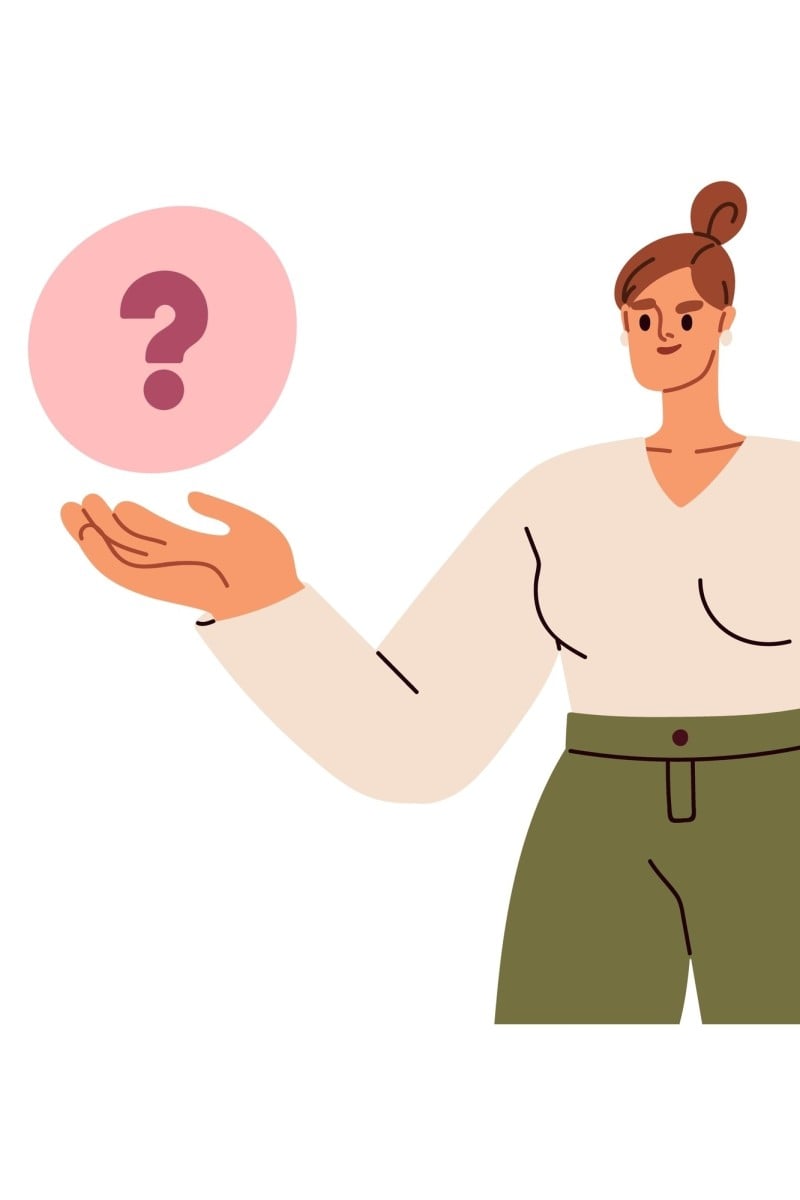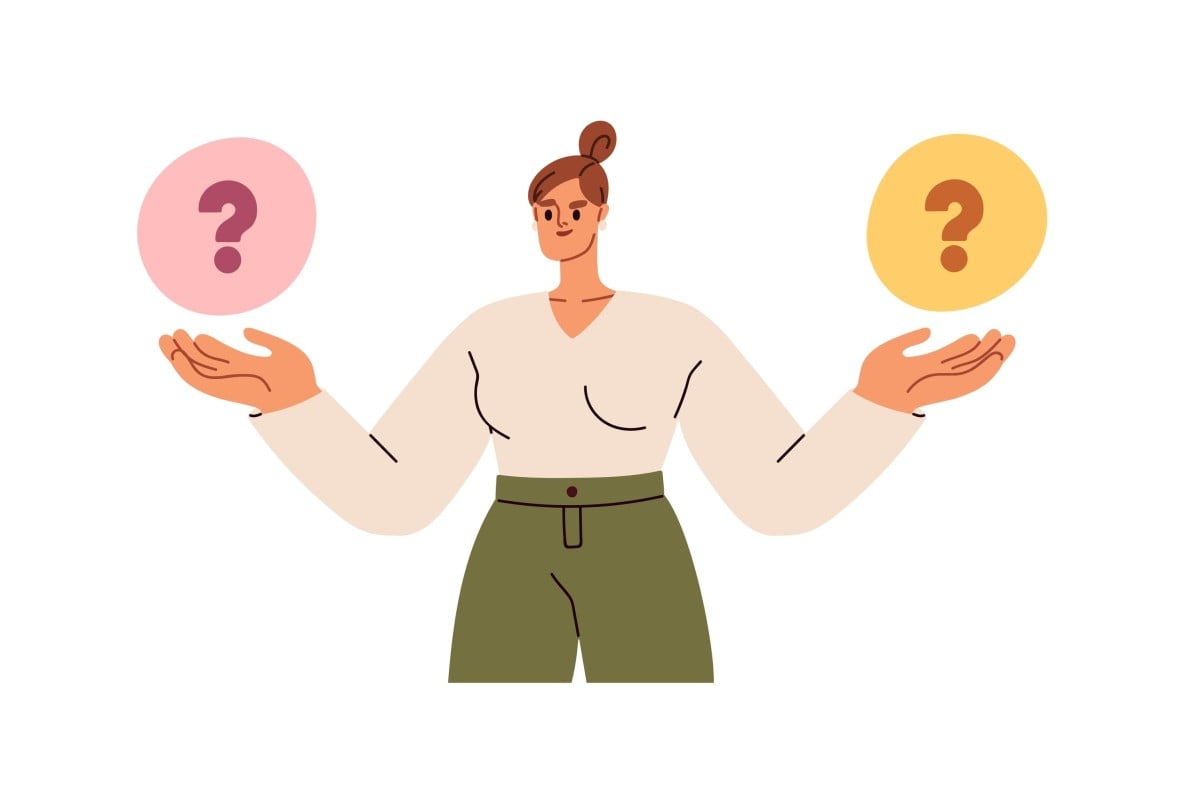
A psychologist explains why your brain gives you a gut feeling – and if you can trust it
Dr Andrew Stock shares the science behind short cuts: quick thinking and snap judgments by our brains that might not always be accurate
 Have you ever had an unexplainable gut feeling about something? Photo: Shutterstock
Have you ever had an unexplainable gut feeling about something? Photo: ShutterstockHave you ever met someone and felt an instant connection? How about immediate dislike? Some of us might think this feeling has something to do with fate or destiny.
But psychologist Andrew Stock has a more scientific explanation. That gut feeling means our brain is working efficiently. It can be described by a concept called cognitive efficiency, which refers to using the least amount of energy to perform a task well.
Stock is the president of the Psychotherapy Society of Hong Kong and a founding partner at Therapy Partners.
The psychologist explained that our brains learn to save energy and time by making quick decisions and judgments, often without us even realising it. He called it a “short cut”.
Scientists explain how volcanic ash turned a human brain into glass
Why does the brain create short cuts?
The brain constantly processes enormous amounts of information. It needs to use this information to make instant decisions. To handle this massive workload, the brain has trained itself to be as productive as possible.
Instead of analysing every detail in a situation, our minds use short cuts to help us focus on the most important details, Stock explained. These short cuts help us quickly respond to new situations based on our previous experience.
“For example, when I see a dog barking loudly, I instantly step back, assuming it could be dangerous. Figuring out if it’s friendly or not potentially comes later,” he said.
We even make snap judgments about people based on a small amount of information – like how they may look, speak or act when we first meet them. This can cause us to treat others differently, and we might not even realise it.
For example, we might be friendlier to someone who dresses the same way we do while avoiding someone who seems different.
“When you get a gut feeling about a stranger, pause and consider the actual facts you have about them,” the psychologist said.
Compare those facts with any assumptions you might have made before you come to a conclusion, he said.
How can Hong Kong teens stress less and what apps are available?
Avoiding false judgments
You can try talking to friends or family to get different points of view. We can also practise empathy by imagining ourselves in someone else’s shoes. Think about the other person’s feelings, their situation or the reasons behind their actions.
“Perhaps some of your peers can’t buy the newest Labubu charm because their parents earn less, but it’s important to remember that their worth and coolness aren’t defined by what they own,” Stock said.
He also suggested making an effort to talk to people who come from different backgrounds to learn more before forming an opinion.
Ask open-ended questions and encourage the other person to share more about themselves. Listen carefully and pay attention to things that do not match your first impression.
It is also helpful to reflect on times when your gut feeling was wrong. This helps you realise that your instincts are not always accurate.
“Remember, your brain’s short cuts are there to help, but they’re not always right,” Stock said.
“Taking a little extra time to get to know someone can help you see them more clearly and can lead to better friendships, less conflict and a more open-minded view of the world.”
Reflect: Have you ever had a gut feeling about something?
To test your understanding of this story, download our printable worksheet or answer the questions in the quiz below.
analysing 分析中
the process of examining or studying something carefully in detail
assumptions 假設
beliefs or ideas that are accepted as true without proof
efficiently 有效地
doing something in a way that saves time and effort; effectively
empathy 同理心
to understand the feelings of another person, usually by imagining what it would be like to be in that person’s situation
peers 同儕
people who are equal or similar in age, status or ability; your classmates or colleagues
